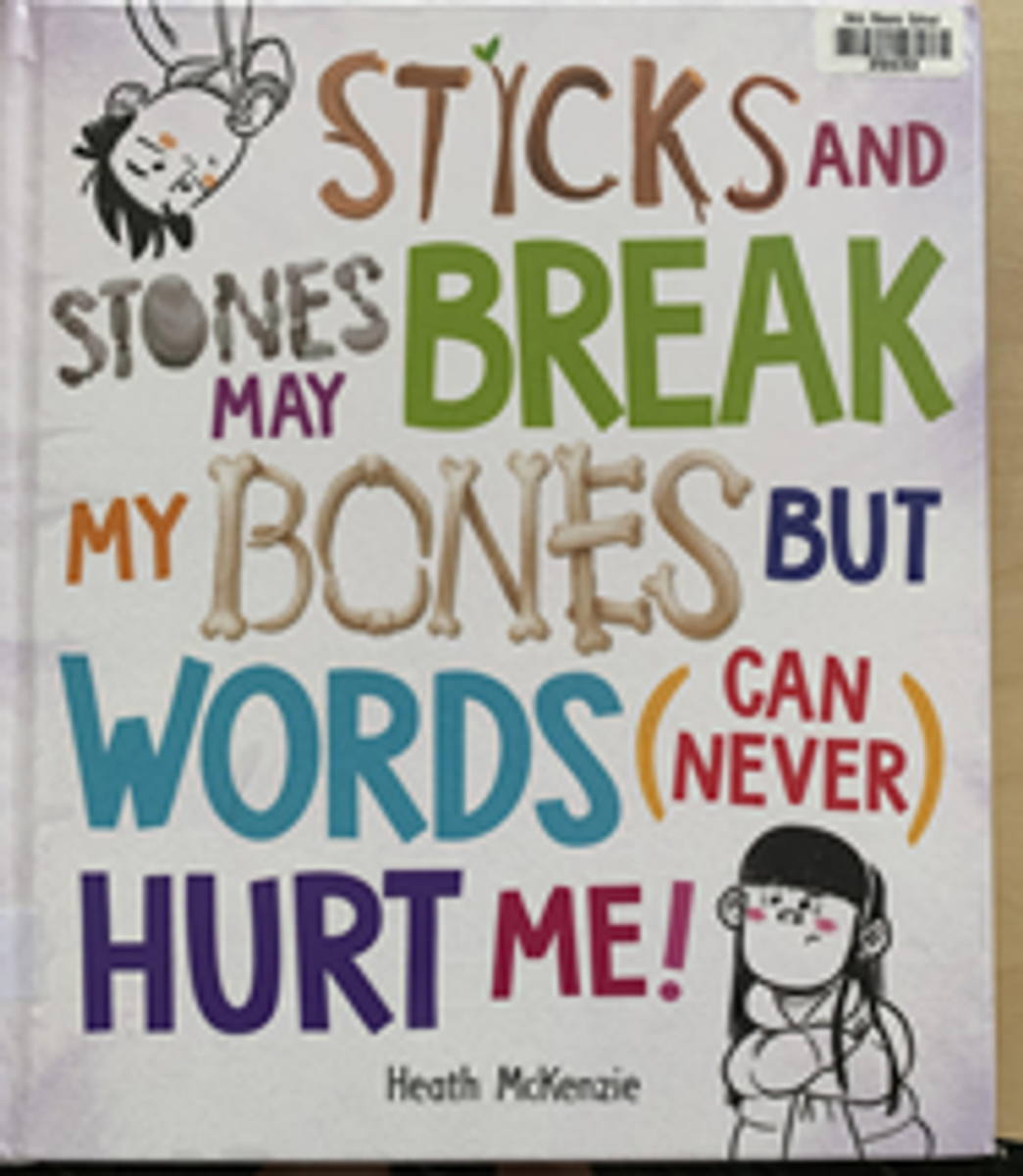Wellbeing
At Holy Rosary School all children and families are expected to be Wellbeing Warriors who look after the safety and wellbeing of themselves and others

Wellbeing
At Holy Rosary School all children and families are expected to be Wellbeing Warriors who look after the safety and wellbeing of themselves and others
Mental Health and Wellbeing in schools requires a whole school approach. A whole school approach needs all stakeholders coming together to deliver a safe and inclusive school environment through means such as curriculum, family partnerships, programs, approaches, culture and ethos.
There are certain supports that are universal, meaning all students receive the same support and this is referred to as tier one in the multi-tiered system of support model. At Holy Rosary we have a number of programs, processes and practices that are universal across the school. These include Respectful Relationships, Positive Behaviours for Learning, Butterfly Body Bright, our buddy program and SRC, to name a few. Then we move into the second tier of supports, which aim to target around 10-15% of students who receive the universal supports, but have been identified as being at greater risk of developing mental health concerns. These supports include the use of fidget tools in class, Personalised Learning Programs, LSO support and small group social skill work. The third tier of support is for around 5-10% of students who need more intensive support. These supports are usually community and allied health based supports that may be referred to by the school, such as the services of a psychologist, OT or speech pathologist. Unfortunately, a school’s access to these types of support is very limited, hence we often refer families to external providers.
Utilising a whole school approach to support mental health and wellbeing has proven to improve students' social and emotional skills, their behaviour and attitudes towards school, and their academic performance.
Book of the Week


Stick and Stone May Break My Bones but Words Can Never Hurt Me! By Heath McKenzie, is a great book for kids about the words they use with others. This book explores how we need to choose our words carefully, whether it be commenting on someone’s hair style or what they’re eating for lunch. This book aims to help children understand the consequences of their words and think about what they’re saying to other people.